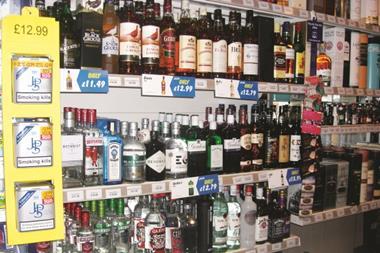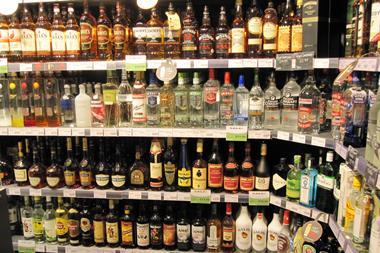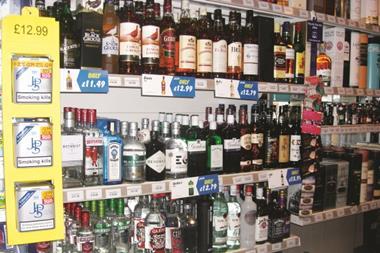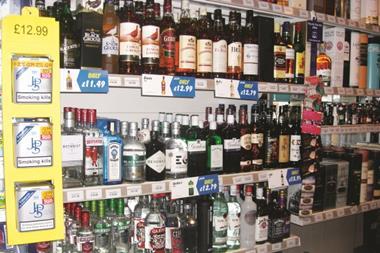Scotland’s plan for minimum unit pricing (MUP) for alcohol has suffered a potential setback after the European Court’s top lawyer said it would distort competition between producers in Member States.
European Court of Justice (ECJ) advocate general Yves Bot ruled that minimum pricing would have an “anti competitive effect”.
“The prohibition of retail sale below a minimum price deprives traders from other Member States of the possibility of marketing their products at a selling price reflecting their lower cost price and thus impedes their access to the market in question,” he said.
However, he added that MUP could be justified if it was found to be more beneficial than the alternative measure aimed at improving public health, namely increasing tax on alcohol products.
The ECJ is now expected to refer the case back to the court of session for a final decision, which could take six months.
The Scotch Whisky Association, which took legal action against MUP in 2012 with spiritsEUROPE and Comite Vins, welcomed the advocate general’s statement.
“The opinion encourages us in our long-held view that MUP is illegal when there are less trade restrictive measures available,” said SWA chief executive David Frost.
“We await the Court of Justice’s final ruling. It remains important to address alcohol misuse with a range of other measures of proven effectiveness. We will continue to work closely with the Scottish Government and other stakeholders on this.”
However, Scotland’s first minister Nicola Sturgeon also welcomed the statement, which “confirms that minimum unit pricing is not precluded by EU law, but sets out tests that the national court has to apply”.
“Importantly, this initial opinion indicates it will be for the domestic courts to take a final decision on minimum unit pricing. The advocate general finds that the policy can be implemented if it is shown to be the most effective public health measure available.
“As such, the legal process is ongoing and we await a final response from the European Court of Justice, before the case returns to the Scottish courts,” she added.






















No comments yet